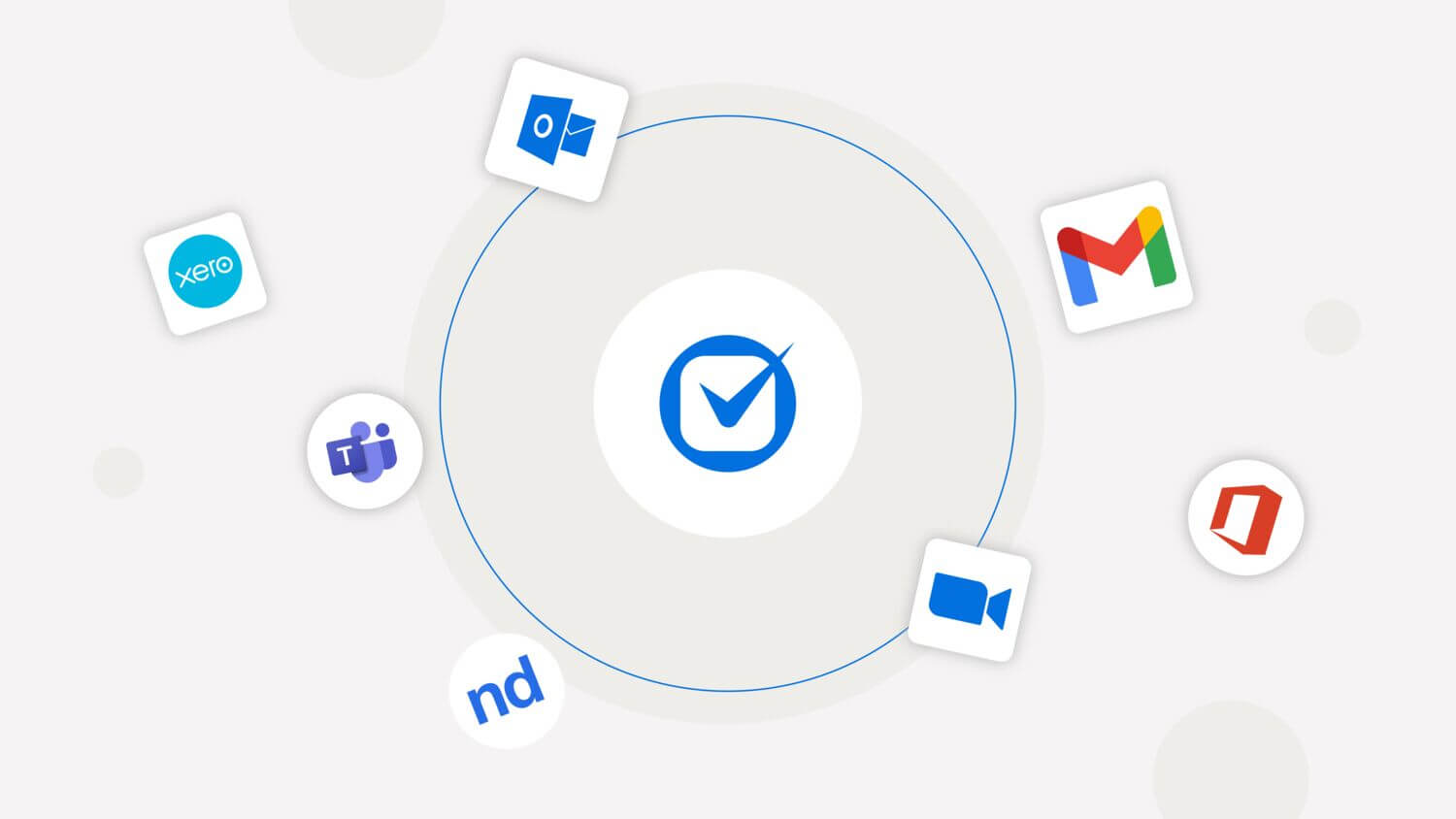Without a doubt, in the last year, many businesses moved to managed IT cloud services due to the pandemic. The cloud frees up your time. Instead of troubleshooting VPN issues, you can tackle your firm’s greater informational tech needs.
Some benefits of using managed IT cloud services include stronger security, increased flexibility for remote work, and more scalability. Your clients will also enjoy a better client-centred experience. Law firm IT professionals have the perfect role in spearheading this change to help their firms grow and become more efficient.
Here are some of the top reasons you should not wait and use managed IT cloud services:
Legal cloud computing has come a long way. Many legal professionals have realized the cloud is more secure than on-premise software for many law firms.
Thanks to economies of scale, cloud computing vendors can invest aggressively in industry-leading security infrastructure. Cloud computing vendors’ security infrastructure tends to far exceed the quality standards of on-premise servers’. For example, Clio spends hundreds of thousands of dollars each year on security, penetration testing, a dedicated security team, and much more to make sure all client data is secure.
Consider this quote from Jay Heiser, research vice president at Gartner, from a Gartner article on cloud security:
CIOs need to ensure their security teams are not holding back cloud initiatives with unsubstantiated cloud security worries … Exaggerated fears can result in lost opportunity and inappropriate spending.
In other words, embracing the cloud will keep your law firm on the leading edge of tech. It will also help lighten the law-firm-data-security load (especially in light of changing regulations such as the UK’s General Data Protection Regulation).
Learn more about Clio’s industry-leading security.

2. More flexibility for remote work
The pandemic proved that remote work is not an implausible idea but a highly beneficial work arrangement and can lead to more productivity. For many lawyers, remote work is no longer a nice-to-have but rather a necessity. On-premise legal software limits lawyers in many ways—from VPN to security challenges.
In comparison, Managed IT Cloud services let lawyers work securely from anywhere with a strong internet connection. Lawyers can access and work on cases and documents, communicate with clients, and more remotely with cloud-based software. Thanks to cloud-based legal software, lawyers have the flexibility to work from wherever works for them.
3. Offer a great experience for clients
Today’s consumers expect a digital experience from even their lawyers. The 2020 Legal Trends Report found that firms using online client portals received 11% more casework than other firms in 2019. Also, in 2020, firms using online client portals received 17% more new casework per lawyer in April.
4. Simplified software updates
Making sure everyone’s software is up to date and working properly can be a pain. If you’re still using an on-premise solution, you know what it’s like to block out large chunks of time for you and your team to update the latest version of the software. There may even be a fee from your provider for these upgrades as well.
With cloud computing, providers consistently implement software updates to improve performance and functionality continuously. All of this happens automatically and without any additional cost or time to your firm.
5. No struggles with VPN
Today, the ability to work remotely is standard across all industries, including law firms. According to the ABA Journal, 26 out of 28 of law firms surveyed by Diversity & Flexibility Alliance offered a formal flex work policy.
That’s a pretty large percentage of firms, and we’re betting your firm either has an official policy or an ad hoc system that allows associates and other staff to work from home. When your practice management software is on-premise, you need virtual private networks (VPNs) to access essential interfaces and documents.
With the help from the team at Reis ,lawyers and staff can securely access files and collaborate on cases from anywhere—no VPN required. There’s even a mobile app, allowing lawyers to check in on key details remotely from the palms of their hands.

6. Improved compatibility with other software
As a law firm IT professional, you’re tasked with navigating complex tech stacks to keep your firm up and running, keeping both core platforms and complementary software securely ticking along. With on-premise software, the process of integrating additional software solutions can be time-consuming and costly—if possible at all.
However, leading cloud-based software providers build software that makes this process easy. Allowing you to connect to other tools you already use, start working with new ones to build a more tailored tech stack, or even build solutions of your own. Clio connects with an extensive portfolio of apps and services, including Microsoft Office 365, QuickBooks Online, Fastcase, and more, and also provides an open API.
7. Better support = fewer IT requests
Feeling stuck spending too much of your day on minor IT requests? There are probably a million other things you can do with your time. Switching to cloud-based software means you’ll get that time back. Top-tier cloud-based practice management companies provide stellar support to everyone who’s using the software, not just law firm IT professionals. With a robust knowledge center, live chat, and phone support, basic tech questions don’t need to go through your team.
8. More room in your IT budget
The cost of on-premise servers alone can make up a major chunk of your IT budget, not to mention the costs of storing, maintaining, and running these servers. But unlike on-premise software systems, cloud-based solutions don’t require you to buy and maintain servers at all, putting more money back in your budget.
9. Simpler scalability
As an IT professional, your role is critical to your firm’s ability to grow. With on-premise solutions, that means budgeting for additional servers, setting up tech in new offices, onboarding new team members, training them on software usage and security policies, and much more.
With cloud-based software, this process is greatly simplified: Cloud-based software providers often operate on a subscription model. This means that onboarding a new staff member is as easy as adding a new subscriber to the program—without worrying about additional servers for growing offices or new locations.
Do you need help setting up managed IT cloud services? Reis Informatica can help! Book your complimentary consultation today!
